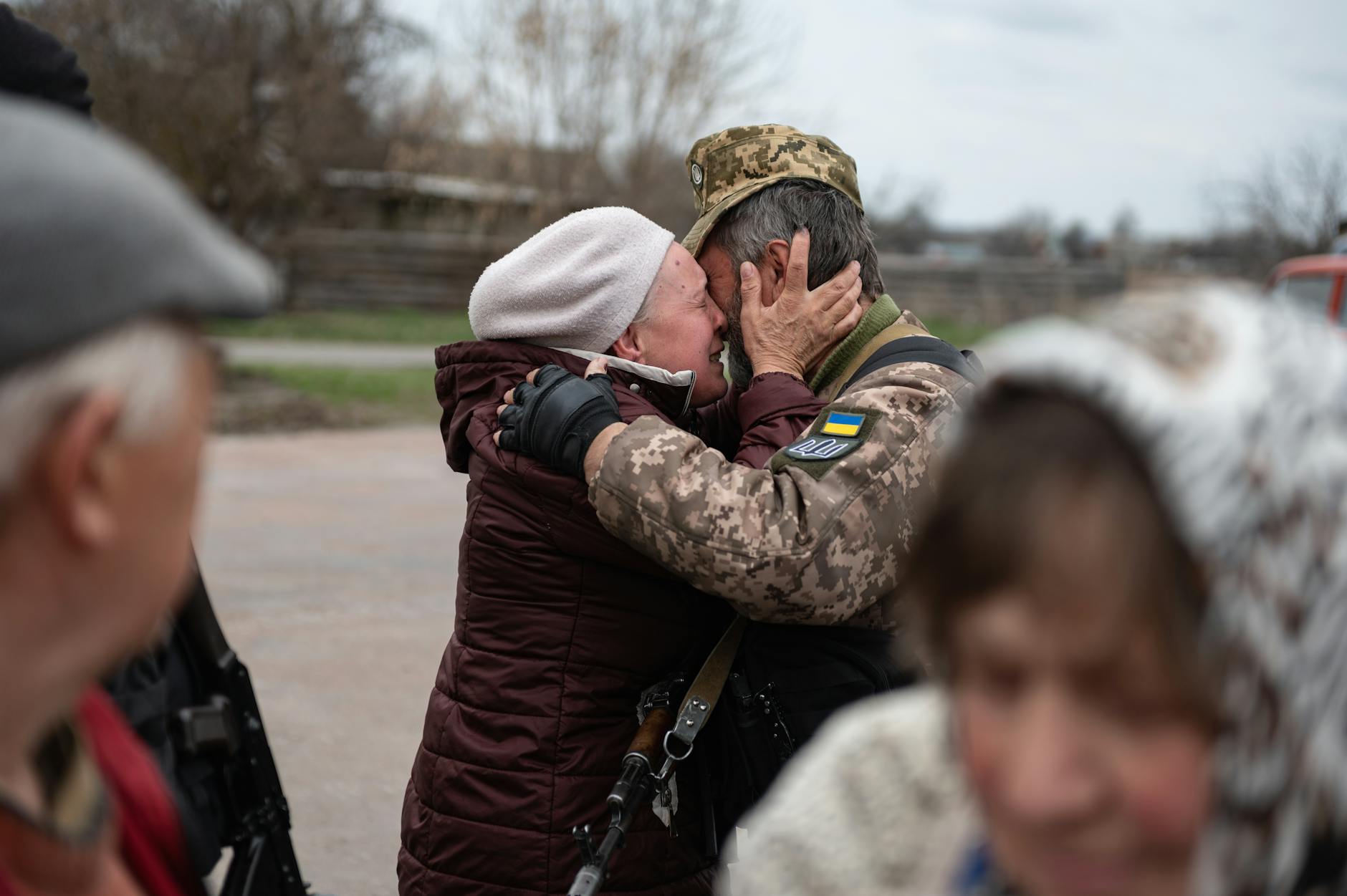The prospect of a peace deal in Ukraine presents Germany with a complex challenge, potentially testing its long-standing reluctance to deploy troops abroad. This situation marks a significant moment in the evolving relationship between the German public and its military, a relationship shaped by historical context and evolving geopolitical realities. The article from The New York Times (https://www.nytimes.com/2025/08/26/world/europe/germany-ukraine-russia-peace-troops.html) explores this delicate balance, suggesting that any German involvement in a postwar Ukraine, even in a peacekeeping capacity, would necessitate a significant shift in public and political attitudes.
The core of the analysis revolves around Germany’s historical aversion to military intervention, a stance deeply rooted in the aftermath of World War II. This historical legacy has fostered a strong public aversion to the use of military force, particularly in offensive roles or in situations that could be perceived as escalatory. However, the ongoing conflict in Ukraine has already begun to chip away at these deeply ingrained reservations. Germany has provided substantial financial and military aid to Ukraine, demonstrating a willingness to engage in ways that were previously considered unthinkable. The potential deployment of German soldiers, even for peacekeeping or reconstruction efforts, would represent a further, and perhaps more significant, step in this evolution. The article implies that the nature of any potential mission would be crucial; a purely humanitarian or reconstruction role might face less opposition than a mission with a security or enforcement mandate.
The article highlights that the debate within Germany is not monolithic. There are differing views among political parties, military leaders, and the general public regarding the extent of Germany’s responsibilities and the appropriate use of its armed forces. Some argue that Germany, as a major European power, has a moral and strategic imperative to contribute to stability in its neighborhood, especially after the aggression witnessed in Ukraine. Others remain deeply cautious, emphasizing the risks of entanglement and the potential for unintended consequences. The effectiveness of any German deployment would also depend on the specific mandate, the rules of engagement, and the overall international coalition involved. The article suggests that the success of such a mission would likely hinge on clear objectives, robust international support, and a strong domestic consensus, which is currently not guaranteed.
The potential benefits of German troop deployment, as implied by the context of a peace deal, could include contributing to the stabilization of Ukraine, supporting reconstruction efforts, and reinforcing the credibility of international peacekeeping mechanisms. Germany’s involvement could also signal a stronger commitment to European security architecture and a more assertive role for the European Union in conflict resolution. On the other hand, the risks are substantial. A deployment could expose German soldiers to danger, potentially reignite historical sensitivities within Germany and among its neighbors, and could be perceived by Russia as a provocative act, even if intended for peacekeeping. The article implicitly points to the challenge of maintaining public support for a mission that might involve casualties or prolonged engagement. Furthermore, the logistical and operational complexities of deploying and sustaining troops in a post-conflict environment are considerable.
The key takeaways from this analysis are multifaceted. Firstly, a peace deal in Ukraine could compel Germany to confront its historical reluctance regarding military deployments, pushing the boundaries of its post-war foreign policy. Secondly, the German public’s relationship with its military is in a state of flux, influenced by the ongoing conflict and Germany’s evolving role in Europe. Thirdly, any German military involvement in Ukraine would likely be subject to intense domestic debate, with significant divisions on the necessity, scope, and risks of such a mission. Fourthly, the specific nature and mandate of any potential deployment would be critical in determining its political feasibility and public acceptance. Fifthly, Germany’s decision would have broader implications for European security and the continent’s collective response to aggression. Finally, the article suggests that the success of any such mission would depend on a delicate calibration of international cooperation, clear objectives, and domestic consensus.
An educated reader should consider monitoring the ongoing discussions within Germany regarding its defense policy and its role in European security. Paying attention to public opinion polls, parliamentary debates, and statements from key political figures will be crucial in understanding the trajectory of this evolving relationship between Germany and its military. Furthermore, observing the details of any potential peace agreement for Ukraine, including the proposed security arrangements and international contributions, will provide essential context for evaluating the challenges and opportunities facing Germany. The article from The New York Times (https://www.nytimes.com/2025/08/26/world/europe/germany-ukraine-russia-peace-troops.html) serves as a foundational piece for understanding this complex geopolitical and domestic dynamic.


Leave a Reply